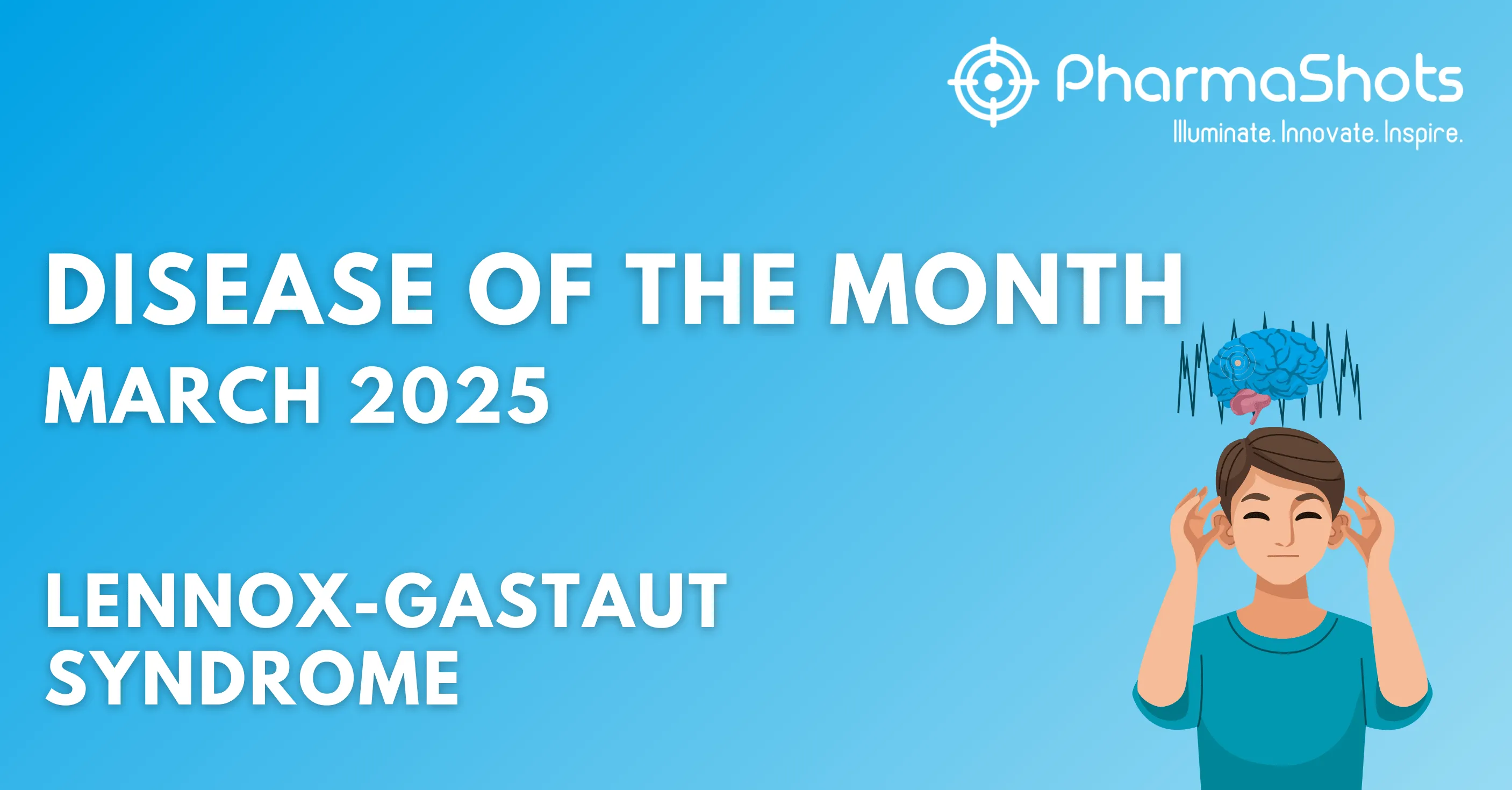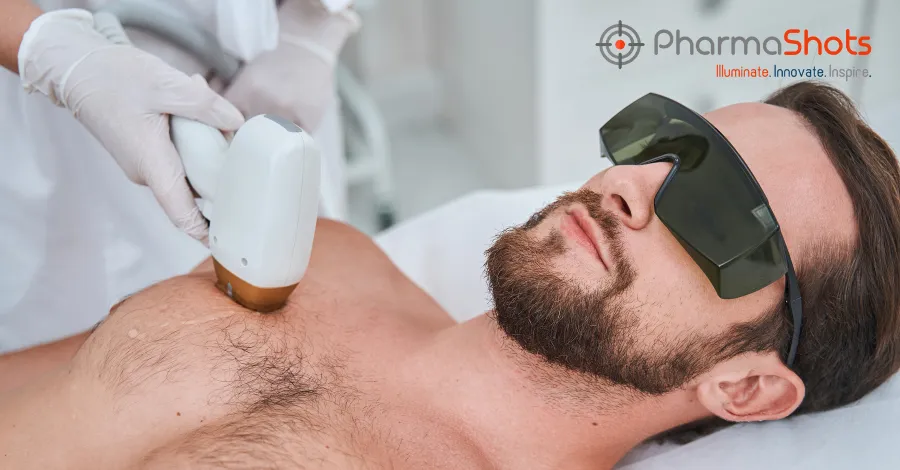
Clinical Trial to Study Effectiveness of Cancer Treatment Administered 2024
There are tons of clinical trials taking place at this moment. It’s a nasty disease and it’s important to figure out different ways to diagnose it, treat it, and, if possible, prevent it. 2024 brings on innovations in this field.
It can probably shed light on how cancer can become more treatable and not such a deadly pest that started occurring more and more in the population. Stay in touch with clinical research news and you might find studies like the one we’re about to discuss.
What Are Clinical Trials?
Clinical trials are there to help researchers identify the safety and relevance of a drug, treatment, device, etc. for medical purposes. We can learn so much from these trials, like if something is more effective than another thing, or more harmful. Their purposes vary:
-
New treatment trials: When we encounter a new disease we try to see which drugs, devices, or procedures work on treating it. There are many trials of this type going on in the world right now.
-
Preventive measure trials: These trials are aimed at revealing how to prevent certain diseases or prevent them from recurring after they have been treated.
-
QoL improvement trials: These trials are focused on improving the quality of life in patients who suffer from chronic illnesses.
-
Screening and diagnosis trials: Equally important as the other types, this type of trial is used to discover new effective ways to diagnose a disease or a condition.
How Do Clinical Trials Work?
Clinical trials work by going through certain phases. There are usually four phases of clinical trials. These phases have significance in terms of insight gained and how to proceed further because they are sequential. They allow us to learn whether a new treatment is more effective or potentially more harmful than existing options. Before reaching the clinical trial stage, preclinical studies are conducted to gather data on safety and potential efficacy. In these early stages, engaged patient data collected through platforms like Evidation can provide real-world insights, enhancing decision-making and supporting the development of compelling scientific evidence and publications. This comprehensive approach ensures that by the time a treatment reaches clinical trials, it has a solid foundation of preclinical research and real-world data, increasing the likelihood of successful outcomes. Here are the phases:
-
Phase I: A small group of participants, from 20 to 80, the goal is to determine the safety and the dose, plus to identify the side effects.
-
Phase II: A larger group of participants, from 100 to 300, the goal is to determine the effectiveness and examine the safety even further.
-
Phase III: A large group of people counting thousands, i.e. from 1.000 to 3.000, the goal is to confirm that it’s effective, and to investigate side effects even further.
-
Phase IV: After the tested treatment is released, this phase takes place and further collects info about side effects and other effects in the wider population.
Ongoing Clinical Trials for Cancer
Currently, there are hundreds of clinical trials going on according to the National Center for BioTehcnology Information. New medicine is seeking approval, and new diagnostic tools are seeking it as well.
But, the most important thing is that there are a lot of clinical trials involved in finding solutions to deal with cancer. There are trials that are studying various effects of medicine and other treatments on leukemia and other major cancer types.
CAR T Cell Therapy
This particular therapy is related to the Chimeric Antigen Receptor T cells, i.e. CAR T cells, and it is aimed at treating B cell malignancies. The clinical trial studies how we can use autologous CD22 CAR T cells sequentially following the CD19 CAR T cells in patients to mitigate relapse and resistance issues.
The CD19 CAR T cells have already shown efficacy in the treatment of B-cell malignancies. Just to provide an overview, these malignancies are related to ALL, i.e. acute lymphoblastic leukemia, and DLBCL, i.e. diffuse large B cell lymphoma.
However, there are recurrences when it comes to B-cell malignancies with the treatment using these commercial CD19 CAR T cells. So, the new approach is trialing the use of CD22 CAR T cells and it is expected to end in June 2025.
What Is the Purpose of the Study?
The purpose of these clinical trials is to figure out if using CD22 CAR T cells in therapy is safe after using CD19 CAR T cells. However, it is also to figure out the response rate and duration of response in patients who are receiving CAR T cell therapy in sequences.
It’s important to note that this study will also provide access to progression-free survival rates and overall survival rates. Like any other trial, it will expose long-term side effects, and it will further evaluate quality-of-life outcomes reported by the patients.
What Are the Outcome Measures of the Trials?
The primary outcome measured by this particular clinical study is the number of patients who experience dose-limiting toxicities. The researchers want to figure out what is the correct dose of the treatment.
They also want to figure out the number of people who can receive the infusion of the CD22 CAR T cells within the range of 42 days of infusion with the CD19 CAR T cells. Also, they want to figure out the number of people that have no evidence of leukemia after 28 days of a single CD22 CAR T-cell infusion, and the number of people who have B-cell aplasia, at least 6 months after a single infusion of the CD22 CAR T cells.
What Is the Process of the Study?
This is a Phase I clinical trial meaning that it tests the safety and the side effects first. However, it also tests the best dose and the best timing of a new treatment. We can also use phase I to test the way treatment is administered in patients. The number of patients is limited. Here are the specifications:
-
Applicants must be aged 1-25 with relapsed or refractory B-cell leukemia.
-
There should be 20 applicants.
-
CD22 CAR T cells will be administered 28 to 42 days after infusion of CD19 CAR T cells.
The participants are limited to people who may not have HIV or Hepatitis B or C. Also, they shouldn’t have hyperleukocytosis, hypersensitivity to any agents in the study, or an active CNS disorder, a history of ML, cardiac angioplasty, stenting, or other cardiac diseases. They also may not have primary immunodeficiency or a history of autoimmune disease.
Future Uses of the Therapy
It might improve the overall survival rate and life quality in patients with B-cell malignancies. There’s a possibility that researchers can develop CAR T cell therapies that are dual-targeted. There might even be potential to apply it to other malignancies.
The findings of this research, i.e. this clinical trial can help provide more insight into overcoming antigen loss and resistance in other types of cancer. There might be a possibility to even set a stage for a new trial that can explore the multi-antigen targeting approach.
Conclusion
With no doubt, we can say that this clinical trial is a significant step in CAR T cell therapy improvement overall. There might be some challenges along the way, but there’s also promise in patient outcomes and cancer treatment advances.
Related Post: A Peek into the US Healthcare System
Tags

Written by Jack Turner, a seasoned medical copywriter with over 7 years of experience in the healthcare industry. Specializing in crafting engaging and informative content for medical professionals and patients alike, he has contributed to numerous publications, including peer-reviewed journals, patient education materials, and pharmaceutical marketing campaigns. His unique blend of medical acumen and copywriting proficiency ensures that every piece of content is both scientifically sound and accessible.














